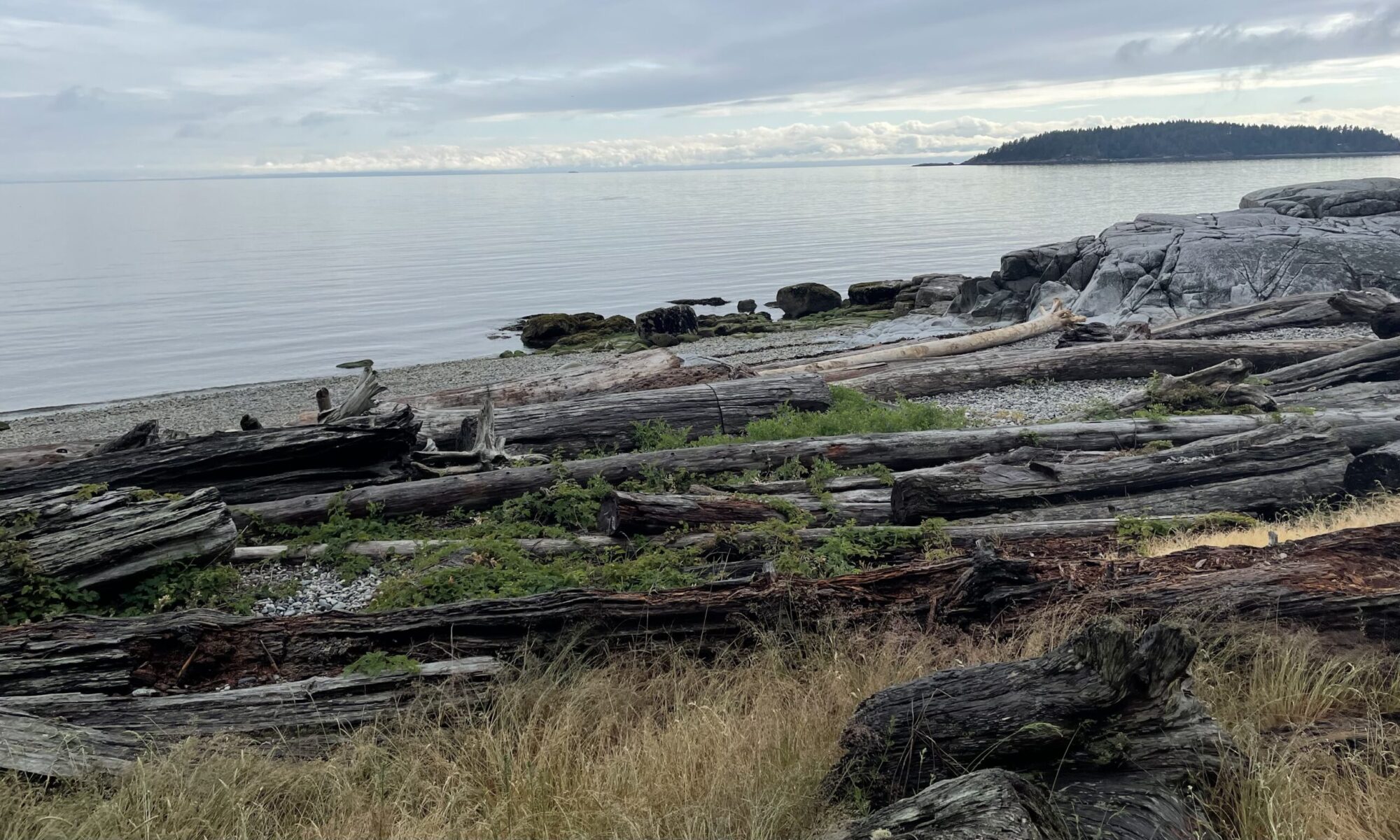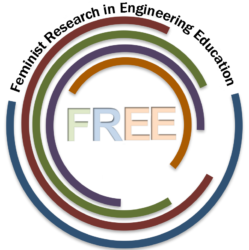Synopsis
Current engineering students will practice engineering in a world of global climate change, limited natural and material resources, increased awareness of the cost of energy, and increased global competition, all in the context of an increasing global population, a need for social equity, and a desire to increase global quality of life. In short, they will need to work in a world where sustainability is key to engineering practice. The ASK project is engaged in developing a framework to assess sustainability knowledge in engineering undergraduate students that can help engineering faculty members identify and structure essential sustainability-related content and develop methods to bring these concepts organically into courses across the curriculum. How do we help faculty assess foundational knowledge of environmental sustainability content in their traditional technical engineering courses?
This research is based upon work supported by the National Science Foundation under grant #EEC-0935066. Any opinions, findings, and conclusions or recommendations expressed in this material are those of the author(s) and do not necessarily reflect the views of the National Science Foundation.
This project ran from 2010-2014.
Substudies: There were 3 substudies that were part of this project. The first looked at how research literature frames sustainability, the second studied undergraduate engineering students’ conceptions of sustainability and the third analyzed expert opinions on sustainability.
Goals: The goal of the ASK project is to assess pre-existing sustainability research, expert opinions/ ideas about sustainability and how they map on to students current knowledge.
Research Questions: How is sustainability represented in research literature? How do students understand sustainability and its role in engineering design? How do expert practitioners in the field of sustainability/sustainable development frame sustainability?
Methods: This project uses a different qualitative methodology for each of the three components. The first uses qualitative content analysis of research literature in the area of sustainability in engineering, the second involves in-depth interviews with undergraduate engineering students while the third uses expert workshop/brainstorming sessions.
Publications from this research
- 2010. Rao, Ranjani, Pawley, A.L., Hoffmann, S.R., Ohland, M.W. and Cardella, M.E. “Work In Progress: Development of a framework to Assess Sustainability Knowledge (ASK) in engineering undergraduate students.” Conference proceedings of the 40th ASEE/IEEE Frontiers in Education Conference, Washington DC, October 27-30. Article.
- 2011. Hoffmann, Stephen R., Pawley, A. L., Rao, R., Cardella, M. E., and Ohland, M.W. “Defining “Sustainable Engineering”: A Comparative Analysis of Published Sustainability Principles and Existing Courses.” Paper presented at the 118th American Society for Engineering Education Annual Conference & Exposition, June 2011. Paper; presentation.
- 2013. Ranjani, Rao, Pawley, A.L., Hoffmann, S.R., Cardella, M.E., and Ohland, M.W. An Ecofeminist Grounded Analysis of Sustainability in Engineering Education: Skill Set, Discipline and Value. International Journal of Engineering Education, 29(6). Paper
- 2014. Pawley, Alice L., Stephen R. Hoffmann, Monica E. Cardella, Matthew W. Ohland, Ranjani Lakshman Rao, Abigail R. Jahiel, Thomas P. Seager, Linda Vanasupa. “Assessing sustainability knowledge: a framework of concepts.” American Society for Engineering Education Annual Conference and Exposition, Indianapolis, IN, June 15-18, 2014. Paper.

